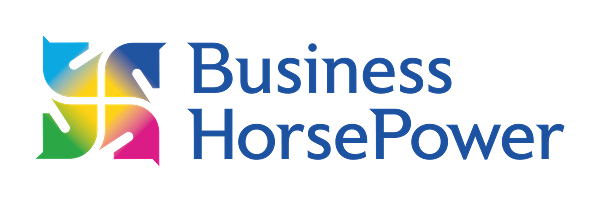“We need to get rid of rules – real and imagined – and encourage independent thinking.”
–Howard Behar, Starbucks
Great leaders recognize that business success is a team sport and they cannot do it all for themselves. That is why the old paradigm of command and control structures will no longer be a successful leadership model.
There is an unprecedented need to effectively delegate to get everything done; however, there is a spectrum to delegation. At one end of the spectrum are task-based activities that team members are asked to perform, with little understanding of the context of that task; whilst at the other end of the spectrum, delegation becomes empowerment that ultimately morphs into Shared Leadership.
Empowerment vs. Delegation: The Difference
Whilst both empowerment and delegation are important concepts in business, as they involve entrusting others to take on important roles in the business, empowerment is much more of a motivational strategy whilst delegation is more of a doing activity.
When team members are empowered, they are encouraged to take personal responsibility and make decisions based on the situation they find themselves in—which means, from a customer perspective, they can take action to resolve client problems without having to escalate it to a manger, safe in the knowledge that their manager will support the decision they have made.
Great leaders empower others to success by setting the GPS for the business and then rallying the team members to follow. However, team members will only follow if they:
- are aligned with the vision
- feel valued and recognized
- recognize and see value in what they can contribute
When team members understand these aspects, they are able to take ownership for the activities they are responsible for and ensure that the outcomes are aligned with the business strategy, which can be very inspiring for them.
Conversely, delegation occurs when a manager assigns a task to a team members. The task emphasis of the delegation is different the decision focus of empowerment. When a leader delegates tasks, they typically provide details of the requirements, often in a step-by-step manner, including the deadline for completion. There is little or no opportunity for the team member to provide any creativity or innovation to the process, and often learning is limited.
The Delegation-Empowerment-Shared Leadership Continuum
I like to envisage delegation, empowerment, and Shared Leadership on a continuum. At one end is delegation, which is task-focused with no decision making capability and lots of control and monitoring. In the middle is empowerment, where the team member has decision making capability within an assigned framework and therefore less control is required. At the far end of the continuum is Shared Leadership, where the team member and leader are jointly responsible for the task getting completed and work in a collaborative and co-operative way, each individual focusing on their own area of expertise.
Whilst many leaders may be reluctant to relinquish the control needed to engage in Shared Leadership, or its lesser cousin of empowerment, I strongly urge you to shift your thinking on this important matter. Yes, there are times when simply delegating a task may be enough—but the evidence is overwhelming that when team members feel trusted and empowered, they become more engaged. According to the Corporate Executive Board, leaders that can move team members from low to high engagement through empowerment experience increases in productivity of over 21%. Just think about what impact that could have on your bottom line.
If you think you are doing a great job empowering your team, just remember that, according to Gallup, only 13% of the global workforce is highly engaged. That means only 13% of your team are prepared to go the extra mile for you and feel fully satisfied with their work. Just imagine the possibilities and impact on your business if, through empowering more team members, you could increase the level of engagement.
And remember that control and creativity are the antithesis of each other. Control stifles creativity and innovation, the thing that can bring competitive advantage, and it can also dampen team members’ enthusiasm and motivation.





